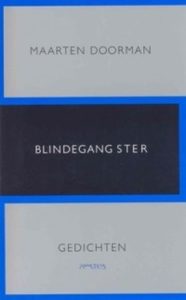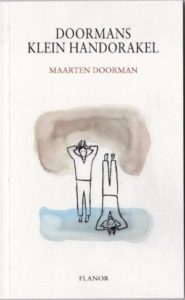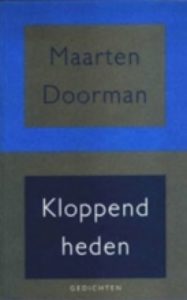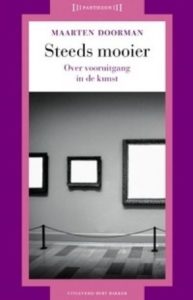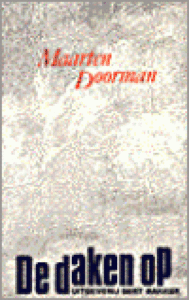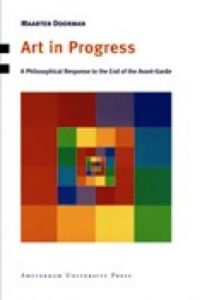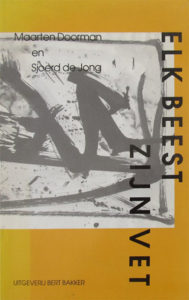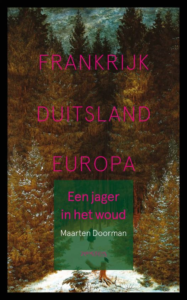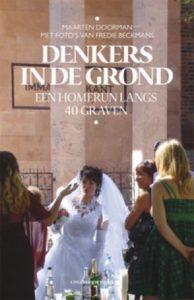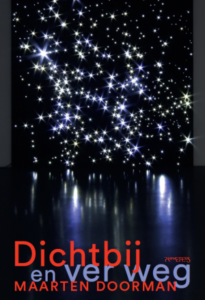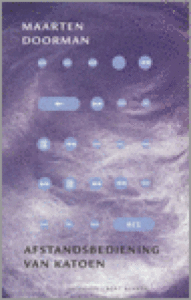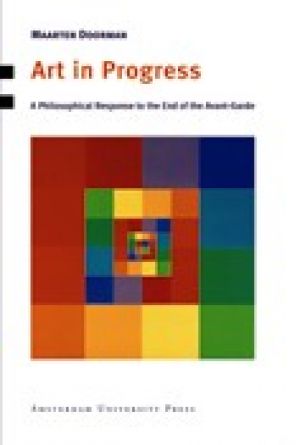
Art is supposed to be of our time or rather of the future. This perspective has dominated art and art criticism for more than a century. The author of this challenging and erudite study traces how the idea of progress in art came into being. He examines the widespread rhetorical impact of concepts of progress.
After the end of the avant-garde, the idea of progress in art collapsed. So philosophers like Arthur Danto soon began proclaiming the end of art. Doorman investigates the crippling effects of postmodernism on art. He therefor proposes a new notion of progress with which to understand contemporary art.
Art over time can be seen as a process of accumulation: works of art comment on each other, enriching each other’s meanings. These complex interrelationships lead to progress in the sensibility of the observer and the significance of the art works themselves.
The book contains two case studies of the progressive rhetorics of avant garde movements: a post war poetry movement in the Netherlands and an analysis of De Stijl (visual arts, architecture etc.).
181 pagina’s | illustrated edition | Open access. See https://www.google.com/url?sa=t&rct=j&q=&esrc=s&source=web&cd=&cad=rja&uact=8&ved=2ahUKEwi2say7_JT-AhWL-aQKHbWpAr8QFnoECAkQAQ&url=https%3A%2F%2Fwww.jstor.org%2Fstable%2Fj.ctt46mz0k&usg=AOvVaw3SLs6u-yThjT1iLQY5ZQvi
The American philosopher and art critic Arthur Danto wrote about this book: ‘In the nineteenth century, the history of painting was regarded as the paradigm of a progressive undertaking, and evidence that historical progress is a possible idea everywhere else. In post-modernist times, however, progress seems to have all but lost meaning against prevailing philosophies of the end of art. But the end of art does not entail that there has not been genuine progress in the philosophy of art. Maarten Doorman’s challenging and valuable study contributes to that progress, wether or not progress in art itself remains, as he argues, a tenable idea.’







